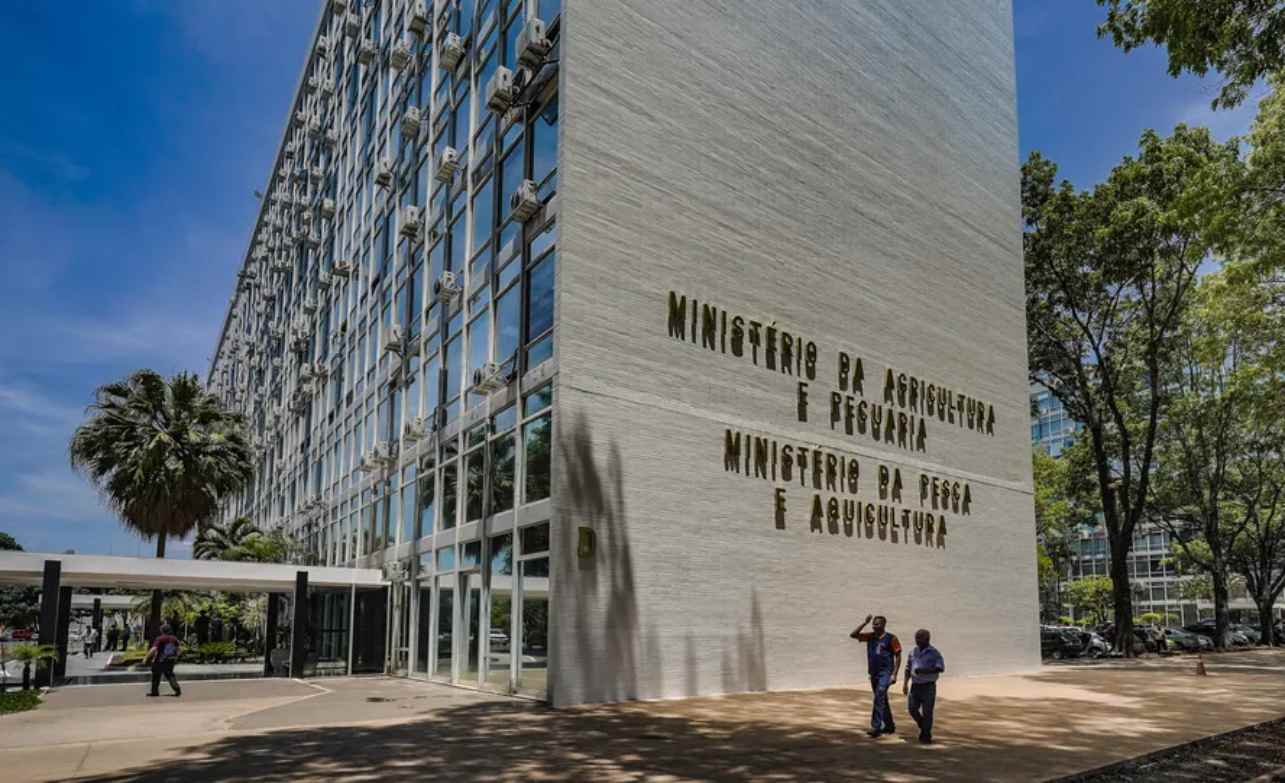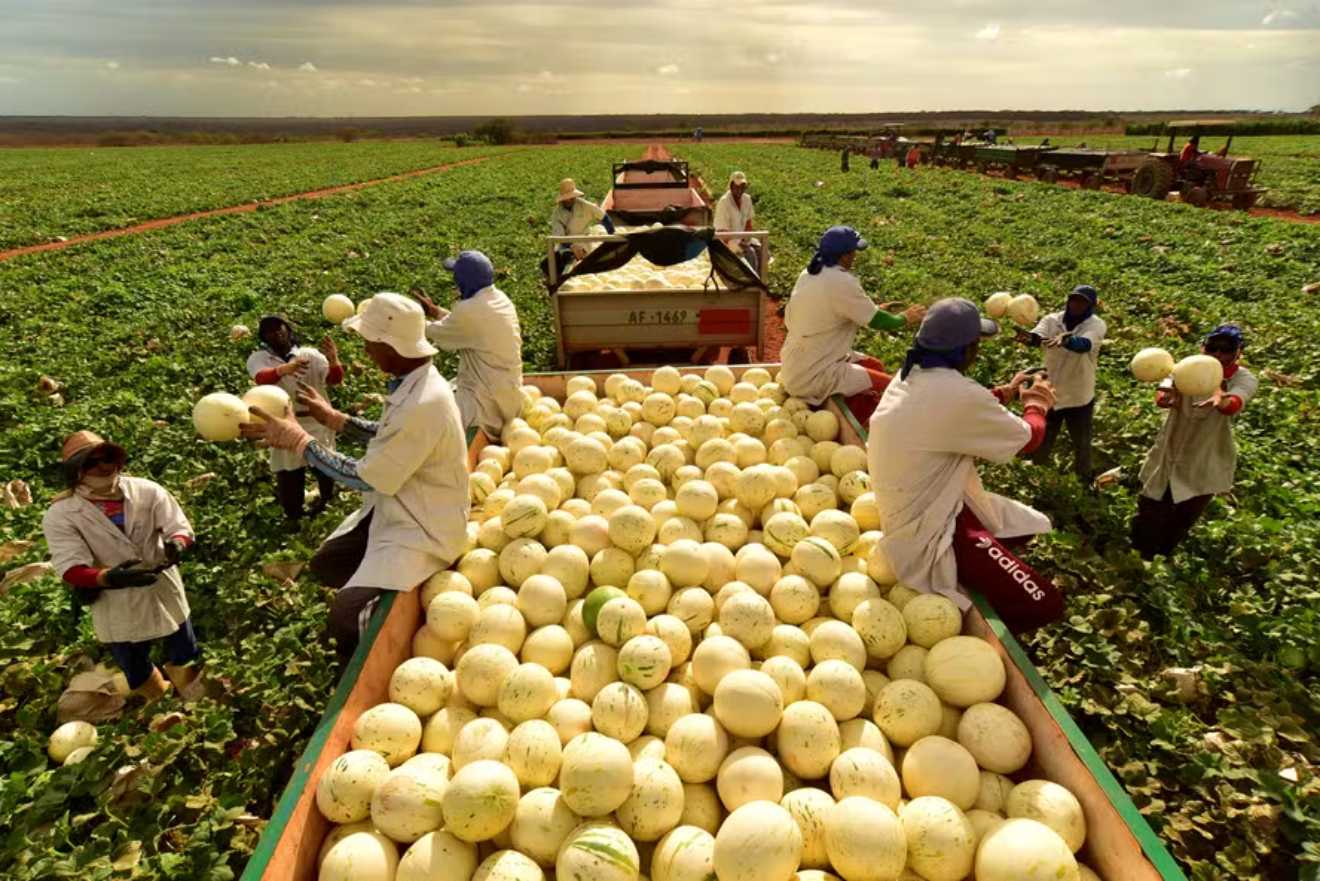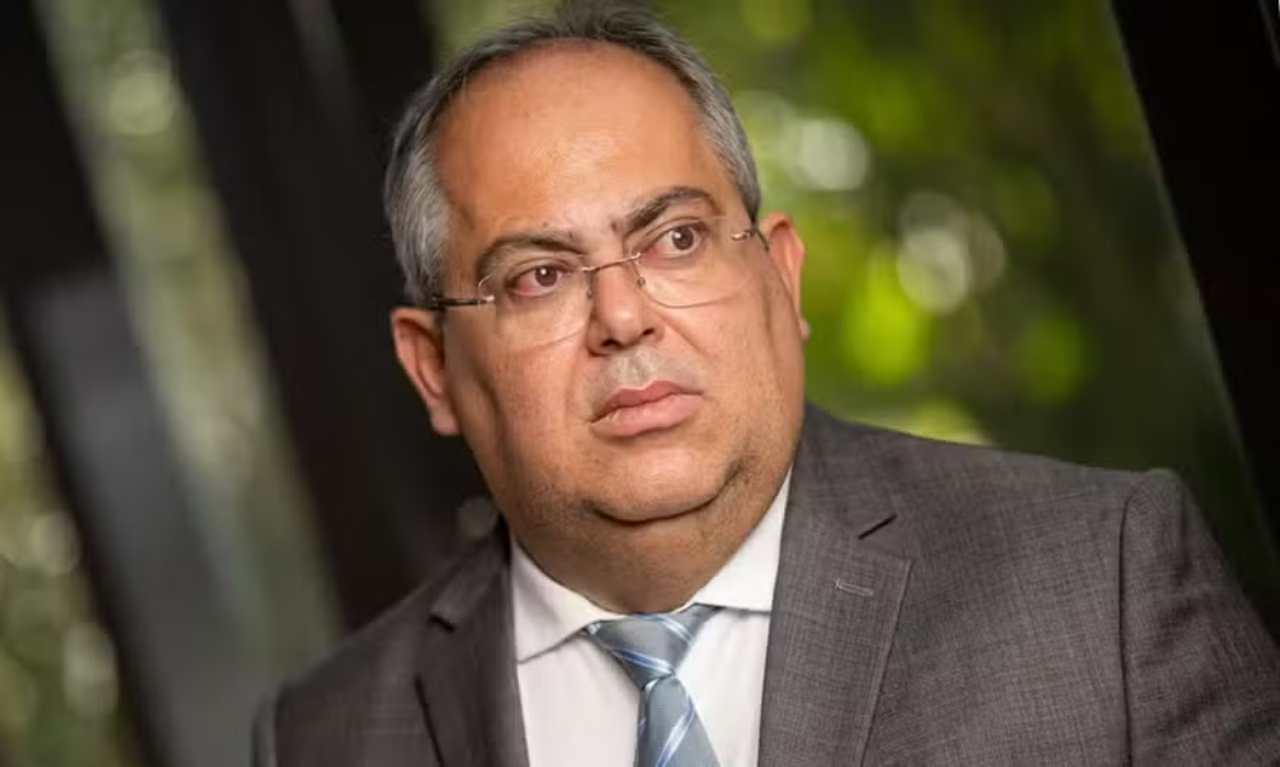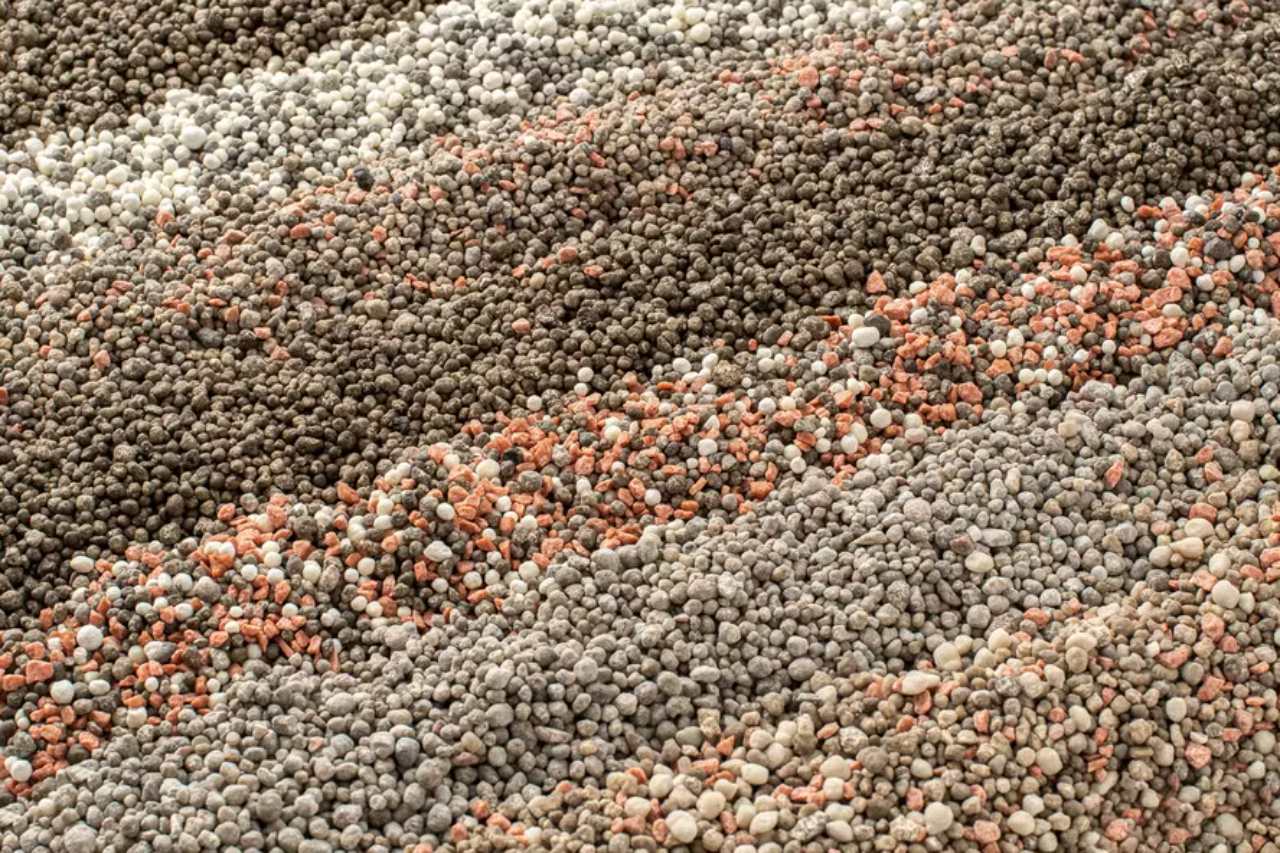Inmet Gains Status of Secretariat, and Promotion of Brazilian Agri-Products Abroad Will Be Centralized
On Tuesday (November 12), the Minister of Agriculture, Carlos Fávaro, announced that the Ministry will soon have two new secretariats as part of a “small restructuring” in its technical areas.
The National Institute of Meteorology (Inmet) will gain the status of a secretariat, and the commercial promotion of Brazilian agribusiness products abroad—previously handled by various sectors within the ministry and the minister’s own office—will be centralized in a new secretariat.
In a conversation with journalists, Fávaro stated that the measure would not result in additional expenses and will be formalized through the reassignment of positions. However, the announcement comes at a time of budget constraints for the ministry’s activities and ongoing discussions within the government about spending cuts. The minister reiterated that his ministry would be excluded from the austerity measures expected to be announced by the Executive Power to reduce public expenditures.
Last week, a mid-level official within the ministry mentioned that “the spending cuts had already been made,” as there were no available resources to cover some routine activities.
Fávaro explained that the restructuring proposal will be validated on November 22. In the international arena, he anticipates more efficiency and better outcomes with the new secretariat for commercial promotion. This is one of the focal points of his tenure, with record achievements in opening new markets and positive results in the trade balance.
“The idea is, without increasing the size of the public machine, to occupy spaces, shuffle a few positions, and empower an area that doesn’t exist yet. For example, the creation of a secretariat focused on the commercial promotion of agricultural products. This will be a stronger arm of Apex [Brazilian Trade and Investment Promotion Agency], the Ministry of Foreign Affairs, alongside two other secretariats: the Secretariat of Agricultural Defense and the Secretariat of International Trade and Relations,” said Fávaro.
He further added that the restructuring will clearly define the role of each secretariat. The SDA will handle sanitary agreements, the SCRI will manage diplomatic relations, and the new secretariat will focus on promoting Brazilian producers and companies to international buyers.
“This will make it very clear who handles commercial promotion, who deals with diplomatic relations, and who takes care of sanitary matters for the Ministry of Agriculture. As a result, we will have more effectiveness and continue making progress, breaking records, in conquering new markets for the sector,” he concluded.
He emphasized that the measure would be implemented “without bloating the public machine.” “We are making internal rearrangements, moving positions around, and focusing on specific areas… By shifting a piece here or there and setting up a small structure, we will have someone dedicated to connecting buyers and sellers,” he added.
Inmet
Fávaro also confirmed that Inmet will gain secretariat status. The institute is currently undergoing an internal restructuring process. The minister revealed that about R$ 200 million is reserved for technological modernization of the agency.
“We will undoubtedly have the best meteorological institute in Latin America. We won’t be able to surpass the quality of American meteorological institutes due to the level of investment there, but we will seek technical cooperation to improve,” he said during the press briefing.
“We are modernizing the entire technological platform and the structure of this organization, which will be crucial both for better forecasting during harvest periods to help producers minimize impacts, and for rural insurance, another important modernization we are planning, which will ensure greater stability in the face of climate change,” he added.
On November 12, Inmet signed a letter with other members of the meteorological and hydrometeorological network, requesting more resources to support climate monitoring activities.
“I didn’t see the position of Inmet employees, but it’s legitimate to be concerned about the budget. However, I can say that, by not following the same model that has been implemented in the agency’s governance, but with a new configuration, including an upgrade with the treatment of secretariat status, it will be the Secretariat of Inmet. This will give it direct access to management and the ability to advocate for modernization,” he clarified.
Agricultural Defense
The minister also confirmed that the Secretariat of Agricultural Defense will undergo restructuring. A proposal that recently circulated was criticized by the National Union of Federal Agricultural Tax Auditors (Anffa Sindical) for suggesting the “decentralization” of the inspection command, for example.
The suggested model strengthens the Federal Agriculture Superintendencies in the states, which would be responsible for overseeing the services provided by the Department of Inspection of Animal-Origin Products (Dipoa) and the International Agricultural Surveillance (Vigiagro).
The measure has been contested by field employees, who argue that it opens doors for “potential political interference in the technical areas of the ministry.” The management of these areas was centralized in Brasília after the 2017 “Carne Fraca” and “Trapaça” operations, which revealed corruption schemes involving public officials allowing tainted meat to enter the national market.
“This is progressing well, and the proposal will be validated on November 22 with Secretary [Carlos] Goulart of Agricultural Defense and area directors. Once validated, we will implement it immediately. It’s also a gradual empowerment, responsible and relative, to ensure more effective service to the population,” Fávaro concluded.
Reports have indicated that there may also be changes in the Secretariat of Agricultural Policy, particularly regarding the shared management of the National Supply Company (Conab). The area is dissatisfied with the current model, where the state-owned company and the Ministry of Agrarian Development (MDA) implement separate measures and only seek the signature of the Ministry of Agriculture to release the funds involved in operations.





